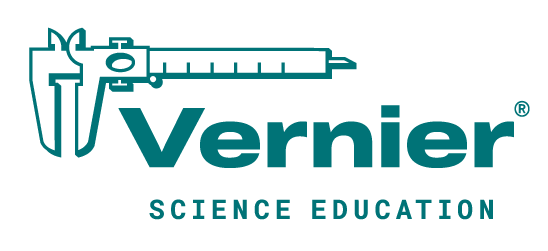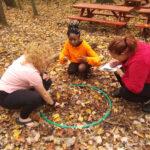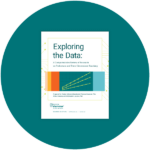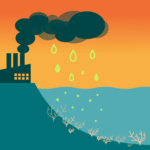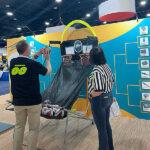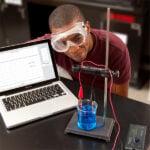
Sharing ideas and inspiration for engagement, inclusion, and excellence in STEM
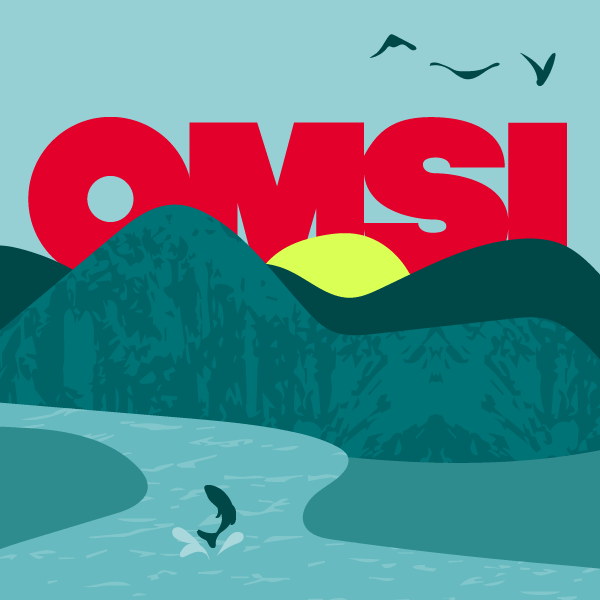
The Oregon Museum of Science and Industry (OMSI) is dedicated to serving all of Oregon and firmly believes in the importance of culturally responsive STEM education. OMSI is also committed to collaborating with American Indian Tribes and Indigenous communities to co-develop programming that meets their needs and is rooted in their culture and values.
For decades, OMSI has partnered with Indigenous communities and organizations across the Pacific Northwest to provide engaging science education experiences. OMSI is honored to have had—and to continue to have—opportunities to collaborate with Native American Tribes and Indigenous communities, and it has learned many valuable lessons from this important work.
For those interested in exploring similar partnerships and collaborations, some of OMSI’s biggest lessons learned have included the following:
- Not assuming its timeline is the most important one
- Listening more than talking
- Respecting the elders in the room
OMSI’s collaborations with Indigenous communities and organizations have culminated in culturally responsive STEM programming that runs the gamut in terms of topic, scope, intended age group or grade level, etc. The following overarching themes (and corresponding examples) are detailed below:
- Exploring science and natural resource management careers
- Highlighting traditional ways of knowing
- Sharing Indigenous ecological knowledge and cultural connection to the Willamette River
Exploring Science and Natural Resource Management Careers
One of OMSI’s earliest collaborations started in the late 1980s through conversations with Tribal leaders, Native American professionals, families, and natural resource agency and university staff members.
These conversations revolved around creating a program specifically for Native students that focused on introducing them to science and natural resource management careers.
With these collaborators, OMSI launched Salmon Camp, a long-running outreach program. The museum was involved in Salmon Camp for more than 20 years and worked with counselors and youth to explore the high desert, coastal islands, and redwood forests.
Thanks to a partnership with the Native American Youth and Family Center (NAYA), programming expanded to include an after-school Salmon Club for which NAYA and OMSI educators created hands-on projects that integrated traditional ecological knowledge and environmental science for middle school students. Today, Salmon Camp continues under the leadership of the Columbia River Inter-Tribal Fish Commission.
Highlighting Traditional Ways of Knowing
Starting in 2010, through a five-year project titled “Generations of Knowledge: Traditional Ecological Knowledge and Environmental Science” funded by the National Science Foundation, the Indigenous Education Institute and OMSI collaborated to raise public awareness that Indigenous traditional ecological knowledge and Western science are valuable and relevant to society—and that they offer complementary ways of understanding the natural world.
As part of this project, a traveling exhibition, Roots of Wisdom, was developed in collaboration with four Indigenous communities: the Confederated Tribes of the Umatilla Indian Reservation, the Tulalip Tribes, the Eastern Band of Cherokee Indians, and Native Hawaiians. OMSI also partnered with the Portland Public Schools (PPS) Indian Education Program to create a youth advisory council that participated in exhibit and program development.
Several years later, OMSI partnered with KelipiCamas, a Portland State University student group committed to restoring regional Native flora and deepening understanding and engagement through cultural programming. KelipiCamas created an installation at OMSI that highlighted Indigenous First Foods and hosted a dinner at OMSI’s on-site cafe that incorporated these foods.
In 2018, the PPS Indian Education Program and OMSI co-developed a program for Native American middle school students with a focus on the intersection of cultural knowledge and citizen science. The collaboration culminated in a Celebrate Urban Birds summer class, designed specifically for Native American and Alaska Native youth enrolled in the PPS Indian Education Program. This class included hands-on activities designed to promote and celebrate Native American art and science, as well as introduce students to different STEM careers.
Most recently, on November 5, 2022, OMSI hosted a Native American Community Science Night in collaboration with the PPS Indian Education Program. One of the featured exhibits was Under the Arctic: Digging into Permafrost.
OMSI partnered with the University of Alaska Fairbanks and Alaska Native advisors to create this traveling exhibition, which explores thawing permafrost and global climate change.
The Native advisory group guided OMSI in selecting and sharing stories from Alaska Native communities in culturally sensitive and relevant ways. Each community chose its own stories about living on permafrost and told them in its own way using images, words, song, dance, and/or video.
The Native American Community Science Night event also included “Navajo Skies,” a planetarium show featuring authentic Navajo astronomy stories told in Navajo and English, with traditional Navajo songs and Native American flute music.
Sharing Indigenous Ecological Knowledge and Cultural Connection to the Willamette River
Looking ahead, OMSI is collaborating with local, Tribal, and regional government entities; Indigenous groups; nonprofits; and businesses to create a vision for the OSMI District—a one-of-a-kind neighborhood that includes a third of a mile of waterfront along the Willamette River in Portland, Oregon.
The OMSI District will be an inclusive community destination with innovation, culture, and science learning at its heart. An integral element of the OMSI District will be a new waterfront education park that will affirm, sustain, and share Indigenous ecological knowledge and cultural connection to the Willamette.
By creating a place to explore and experience the river and land through a lens of science and culture, this park will weave new or expanded connections to our shared home and the Native peoples of the region.
The waterfront education park will consist of public green space, plazas, restored riverfront habitats, and hands-on outdoor science programming. It will also include a Center for Tribal Nations, which will seek to restore Indigenous communities’ presence on the Willamette River and provide a physical place (i.e., a building or buildings and/or outdoor space and programs) that meets and advances Indigenous communities’ needs, opportunities, objectives, and goals.
To support this work, the Columbia River Inter-Tribal Fish Commission and the Affiliated Tribes of Northwest Indians—co-developers partnering with OMSI on the Center for Tribal Nations, as well as the waterfront education park—convened the Center for Tribal Nations Advisory Committee, which will gather and review input and craft a values statement, vision statement, and program concept for the center that will further describe what it is and how it will serve Indigenous communities.
OMSI is honored to partner with Indigenous communities to help advance this project based on their values alignment, history of collaboration, shared goals related to culturally inclusive education, and unique opportunities to create a more inclusive and equitable future for families and communities through collaboration.
For more information about the OMSI District, including the waterfront education park and the Center for Tribal Nations, visit the OMSI website.
Share this Article
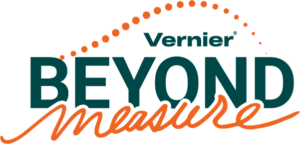
Sign up for our newsletter
Stay in the loop! Beyond Measure delivers monthly updates on the latest news, ideas, and STEM resources from Vernier.
